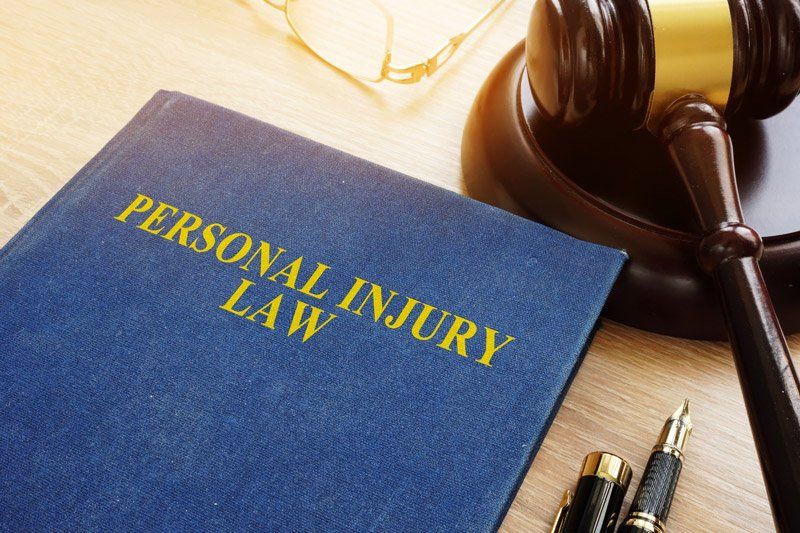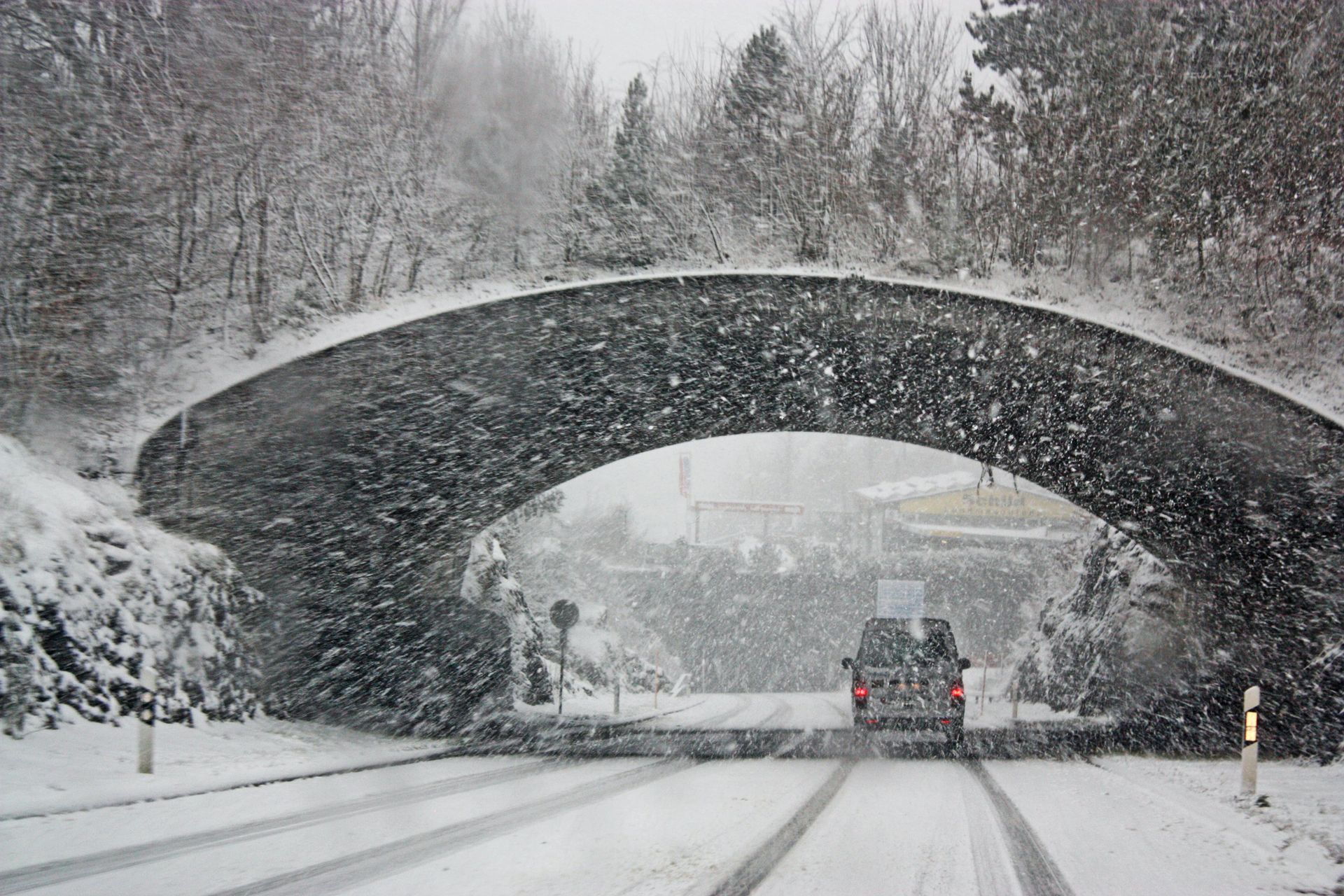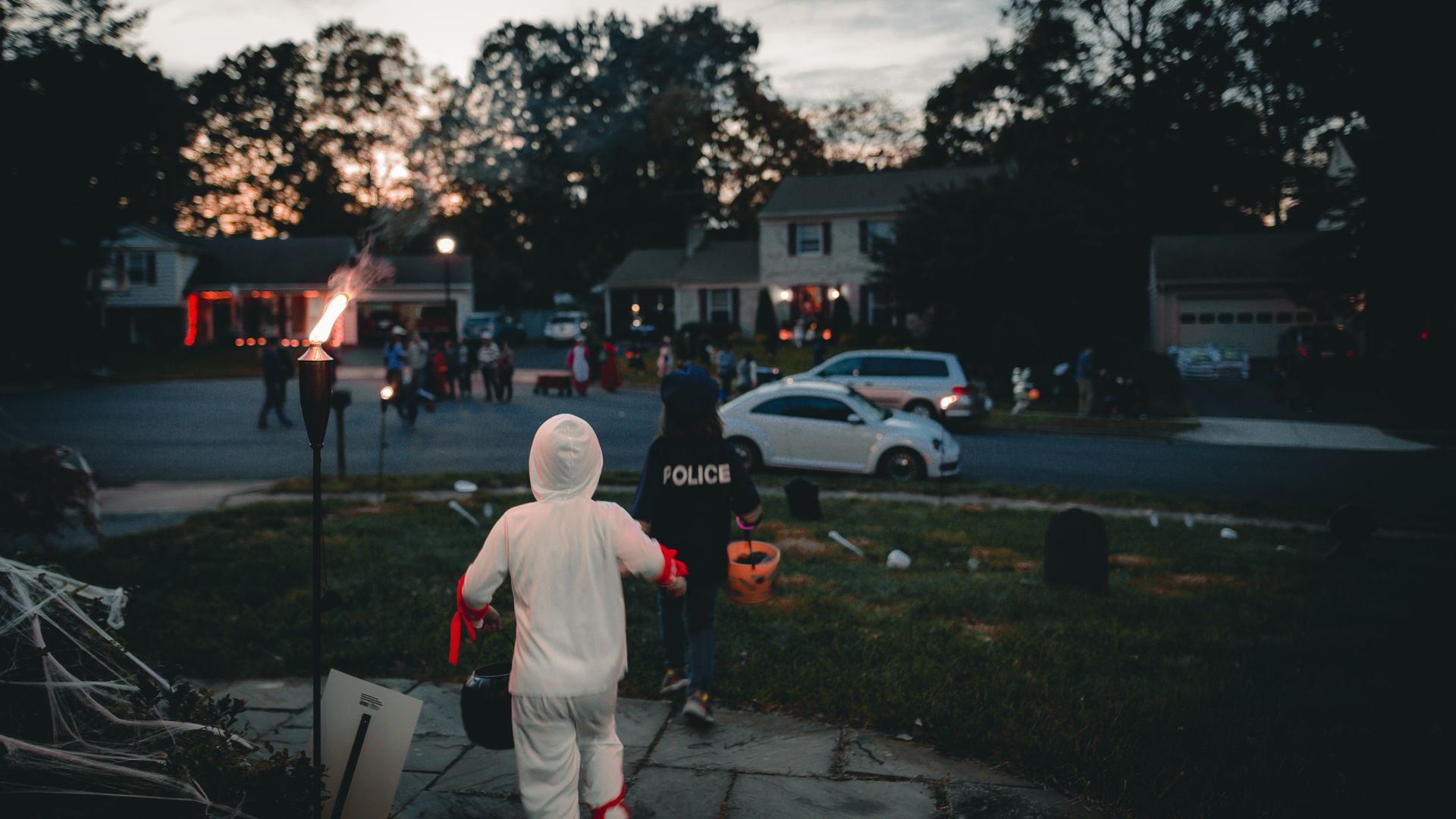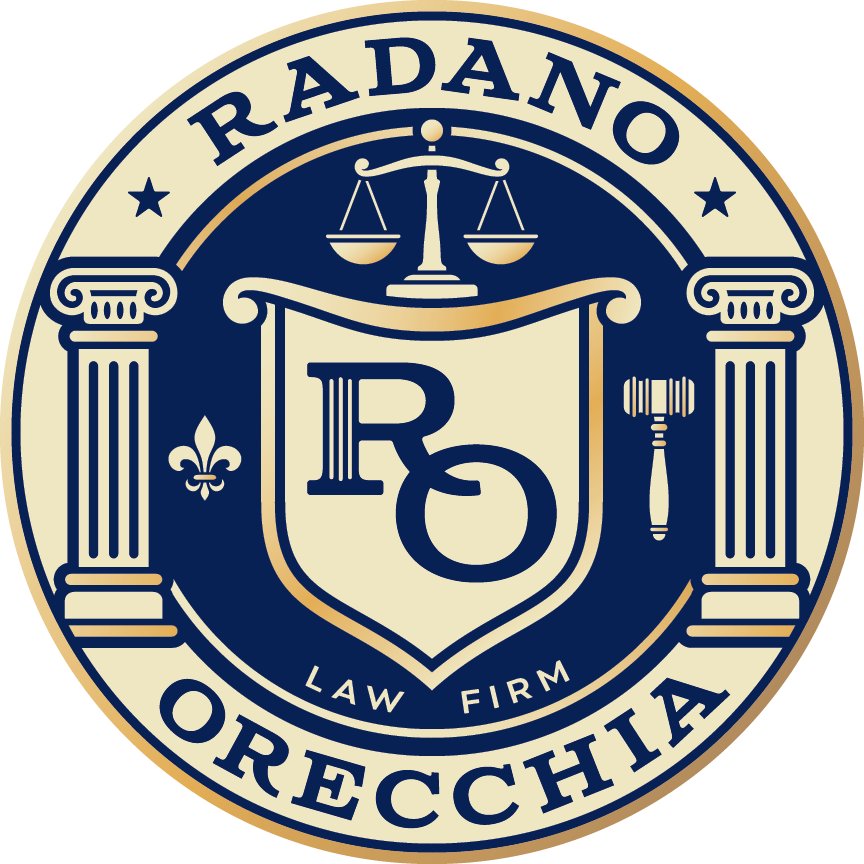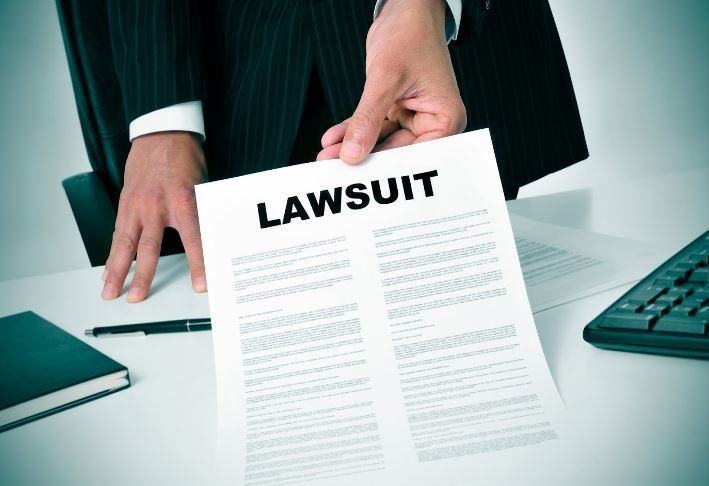What to Do After an At-Fault Car Accident

No matter how careful you are, there is always a possibility you may find yourself at fault for a car accident. Even a split-second distraction on the road can be enough to rear-end the driver in front of you or pull into an intersection at the wrong time. Here are some tips to remember if you find yourself at fault for an accident so you can handle the situation with as little stress as possible.
At the Scene of the Accident
Like any car accident, the first thing you should do after an at-fault accident is assess the injuries to yourself, your passengers, and the passengers of the other vehicle. Call 911 so that EMS and police can be sent to the scene to treat any injuries and create a police report. If necessary for safety, move the vehicles that were involved in the accident to the side of the road.
Once injuries have been assessed, the next step is to exchange information with the other driver. Name, contact and insurance information, and the time and location of the accident will be essential information for insurance carriers. You should also take photos of all vehicles involved in the accident so that you have solid documentation of all damages.
If you have an attorney, you should give him or her a call as reasonably practical to discuss your rights and responsibilities. Even during an at-fault accident, you are entitled to an attorney to help you navigate the unfortunate circumstances.
When Contacting Your Insurance Carrier
While you may take the time to report the basics of the accident to your insurance company at the scene, you likely won't have an extended conversation with them until you are home afterward. You should call your insurance agent as soon as possible after the accident to avoid any deadlines that may be in place on your policy for reporting an accident.
When you talk to your insurance company, you will want to provide all information that you recorded at the scene of the accident. This call will be your opportunity to learn about other benefits that may help you in the immediate aftermath of the accident. For example, your insurance may help pay for medical expenses after the accident or reimburse you for a rental vehicle while your car is being repaired.
Insurance Types
There are several different types of insurance that may or may not come into play after an at-fault car accident. One of the most common types is collision insurance, which covers the cost of repairs for your vehicle or the other party's vehicle. You are usually covered by this type of insurance whether you were at fault for the accident or not.
Bodily injury liability insurance is one of the most important types of insurance to have in an at-fault accident. This insurance helps protect you for out-of-pocket expenses, pain and suffering, lost wages, legal fees involved with the accident, and claims made against you. The minimum required insurance varies by state, so inspect your policy carefully and don't assume you have this coverage only to find out you don't when it's too late.
New Jersey is a no-fault state when it comes to insurance coverage. Personal injury protection benefits, known as PIP, provides coverage for medical bills for you, your family, and potentially others in your vehicle at the time of the accident. The amount of coverage varies significantly, from emergency room coverage only to $250,000 in benefits.
Increased Rates
One of the most stressful factors after a car accident is how much your insurance premiums will increase. Unfortunately, you can almost always expect an increase after an at-fault accident, though the amount of the increase will vary depending on your insurance provider. Some provide for accident forgiveness.
Statistics show that if you file a claim for an at-fault accident that is greater than $2,000, you may be faced with a rate increase of 44.1 percent on average. This estimate is for drivers who have a history of safe driving, so you may see an even greater increase if this is not your first claim for an at-fault accident.
Knowing what to expect after an at-fault car accident is essential to gather the right information and initiate your claim, as well as to make sure you have the right coverage. Contact Radano Orecchia, LLC if you have questions or concerns about any type of accident.

